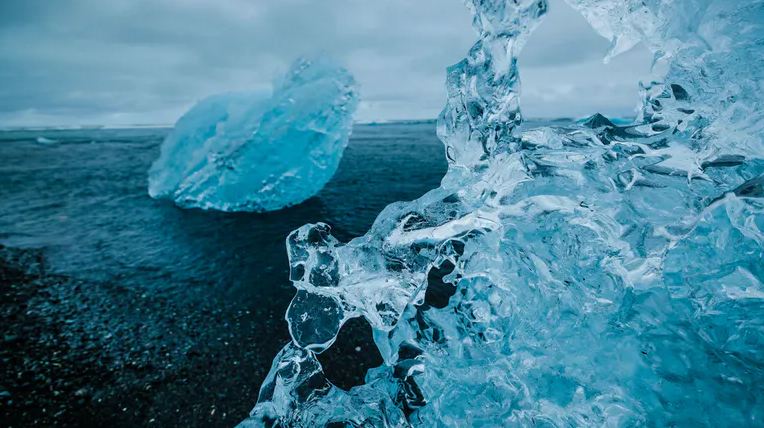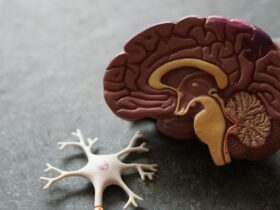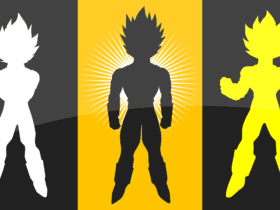The world’s largest glacier, dubbed the “Doomsday Glacier” since its breakdown might set off a sequence of events that will force millions of people to flee their houses and become environmental refugees, is displaying signals of collapse.
The Thwaites Glacier is the equivalent of Florida in size and is located in Alaska. Whatever occurs to it in the coming years can have a significant impact on humans’ future.
Thwaites Glacier, situated in western Antarctica, now dumps 50 billion tons of ice into the ocean annually. As a consequence, the glacier is currently accountable for around 4% of global yearly sea-level rise. This is because as the temperature rises enough to enable ice to spew into the sea, the ice gradually melts, increasing the total quantity of water in the ocean.
Luckily, the Thwaites Glacier has an east ice cap that keeps a substantially larger amount of ice. If most of the ice above in the glacier’s drainage area melted, our oceans would rise by more than two feet.
Scientists now believe there are clues that this frightening scenario may occur.
Experts at the annual conference of the American Geophysical Union (AGU) stated that the Thwaites Glacier is getting unstable at its fundamental base throughout a digital news conference on Monday. The Amundsen Sea glacier, which stretches for 80 miles and hits deep 2,600 to 3,900 feet, starts as an ice block linked to undersea land called seamount until becoming a drifting ice shelf.
“This isn’t the lynchpin for the collapse of the west Antarctic ice sheet, but it’s a worrying development that underscores the urgency of efforts to decarbonize our civilization,” and added that “it is one significant step along the path of Antarctic ice sheet collapse and major inundation of our coastlines. A worrying sign that really does underscore the urgency of climate action,” explained Dr. Michael E. Mann















Leave a Reply